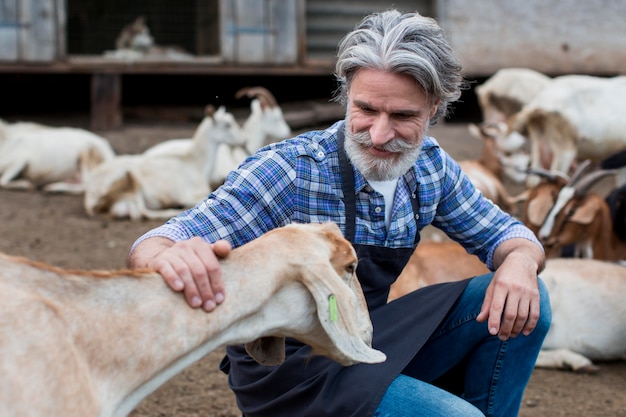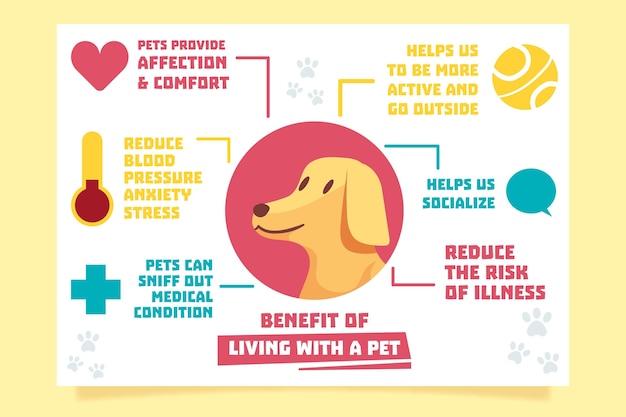How to Recognize Signs of Illness in Farm Animals

How to Recognize Signs of Illness in Farm Animals
Caring for livestock is a responsibility that extends far beyond feeding and shelter. For farm owners in Taylorville and the surrounding communities, a healthy herd means a safer and more productive operation. Early detection of illness can make all the difference, not only in the health outcomes for your animals but also in the long-term success of your farm. At Countryside Veterinary Services, located at 201 South Water Street, Taylorville, IL 62568, our veterinary team is dedicated to helping you recognize the subtle and not-so-subtle signs of illness in farm animals. In this article, we will guide you through what to watch for in cattle, horses, goats, and other livestock, why these signs matter, and how prompt veterinary care for livestock in Taylorville can keep your animals thriving.
We’ll explore the most common symptoms of disease, contributing factors unique to our region, and proactive steps you can take as a caretaker. If you’re searching for a “vet near me” who understands the rhythms of Illinois farms, our team is here to support you every step of the way. For more information about our approach to farm and production animal care, read on to learn how you can keep your livestock healthy and your operation running smoothly.
Recognizing the Signs of Illness in Farm Animals
Spotting illness early in farm animals is crucial. Whether you’re caring for dairy cattle, horses, goats, sheep, or poultry, being able to detect changes in behavior or appearance can prevent small problems from becoming large-scale outbreaks. Key symptoms of illness in farm animals include reduced appetite, decreased activity, and changes in social behavior. You may notice animals isolating themselves from the herd or flock, which can be an early signal that something is wrong. Additional warning signs are abnormal vocalizations, coughing, nasal discharge, labored breathing, diarrhea, changes in gait, or visible wounds.
In horses, watch for signs such as persistent pawing, rolling, or reluctance to move, as these may indicate colic or lameness. Cattle that frequently lie down, have drooping ears, or display a rough coat can be showing early signs of disease. Goats and sheep may exhibit teeth grinding, hunched postures, or unusual vocalizations. In all species, sudden drops in milk production, weight loss, or failure to thrive in young animals are signals that should prompt a closer look. Recognizing these signs of illness in farm animals in Taylorville can help you intervene before a contagious condition spreads across your herd.
Understanding Why Illness Occurs in Livestock
Farm animals face a unique set of health challenges due to their environments and daily routines. In Taylorville and the surrounding communities, seasonal changes bring variations in temperature and humidity, which can stress animals and create opportunities for disease. Poor ventilation in barns, overcrowding, and inadequate nutrition are common factors that contribute to illness. Additionally, introduction of new animals without proper quarantine can expose herds to unfamiliar pathogens.
Parasites and infectious diseases, such as respiratory illnesses, digestive disturbances, and skin infections, are prevalent in livestock populations. Horses, for example, are susceptible to respiratory viruses during periods of dust or poor air quality, while cattle may face risks from parasites in wet pastures. Goats and sheep are prone to internal parasites, especially when pasture rotation is limited. Understanding these risk factors is essential for anyone committed to providing quality veterinary care for livestock in Taylorville.
Professional Veterinary Care and Treatment Options
When illness strikes, prompt diagnosis and treatment are essential. At Countryside Veterinary Services, our veterinary professionals offer comprehensive farm and production animal care that includes physical examinations, diagnostic testing, and on-site treatments. Treatment approaches depend on the species and specific illness but often involve supportive care such as fluid administration, wound management, medication for infections or parasites, and in some cases, surgical intervention.
For horses showing signs of colic or lameness, our team can provide thorough evaluations and access to comprehensive equine services, ensuring your animals receive appropriate care. Cattle experiencing digestive upsets or respiratory distress may require antibiotics, deworming, or nutritional adjustments. We also work with goat and sheep owners to manage outbreaks of parasitic disease or preventable infections, recommending targeted treatments and herd management changes as needed.
Our goal is to restore your animals’ health while minimizing the impact on your operation. We encourage all livestock owners to maintain regular communication with a "veterinarian near me" who is experienced with the unique needs of large animals in the Taylorville area.
Preventing Illness and Supporting Herd Health
Prevention is the cornerstone of herd health management. Regular wellness checks, vaccination programs, and parasite control protocols tailored to the specific challenges in Taylorville can greatly reduce the risk of serious disease. Our veterinary team emphasizes the value of routine preventative care for livestock, which involves scheduled check-ups, nutritional counseling, and biosecurity measures.
Steps to support herd health include keeping living areas clean and dry, providing balanced nutrition, and ensuring access to clean water at all times. Practice good biosecurity by quarantining new arrivals and limiting contact with other farms. Seasonal adjustments, such as increasing ventilation in barns during humid summers or providing adequate bedding during cold winters, can further protect your animals. Regular fecal testing for internal parasites and vaccination against common infectious diseases are also vital components of a proactive health plan. These strategies help reduce the likelihood of encountering signs of illness in farm animals near Taylorville and keep your operation running efficiently.
When to Seek Veterinary Care for Livestock
Knowing when to call in professional help is just as important as recognizing the first signs of trouble. You should contact your local veterinary team when you notice persistent symptoms such as high fever, ongoing diarrhea, difficulty breathing, lameness that does not improve, or rapid declines in appetite and energy. Emergency situations, such as suspected poisoning, severe wounds, or sudden deaths, require immediate veterinary attention.
If you are ever in doubt, it is always safer to consult a "vet near me" with experience in farm animal care. Early intervention can prevent minor issues from escalating and protect the overall health of your herd. Our veterinarians at Countryside Veterinary Services are equipped to respond quickly and provide ongoing support for livestock owners in Taylorville and surrounding communities. If you are unsure whether your animal’s symptoms warrant a visit, our team is available to discuss your concerns and recommend next steps.
Your Partners in Farm Animal Health in Taylorville
The health of your farm animals is the foundation of a successful and sustainable operation. By learning to recognize signs of illness in farm animals in Taylorville, you can act quickly and seek professional help when needed. Countryside Veterinary Services is proud to offer comprehensive veterinary care for livestock in Taylorville, including emergency response, preventative programs, and ongoing support tailored to your herd’s needs.
If you notice unusual symptoms, changes in behavior, or want to set up a routine health plan, we invite you to schedule an appointment with our veterinary professionals. For more information about our services or to discuss any concerns, call us at (770) 788-7387 or visit us at 201 South Water Street, Taylorville, IL 62568. Your animals deserve the attentive care of the best vets near me, and our team is committed to being your trusted partner in animal health.
For additional details about our approach to farm and production animal care, comprehensive equine services, or our dedicated preventative care services, our website is an excellent resource. We look forward to supporting you in achieving a healthy and productive farm, season after season.
Please note: The information provided in this article is for educational purposes and is not intended as a substitute for professional veterinary advice. Always consult your veterinarian for specific concerns about your animals’ health.




















